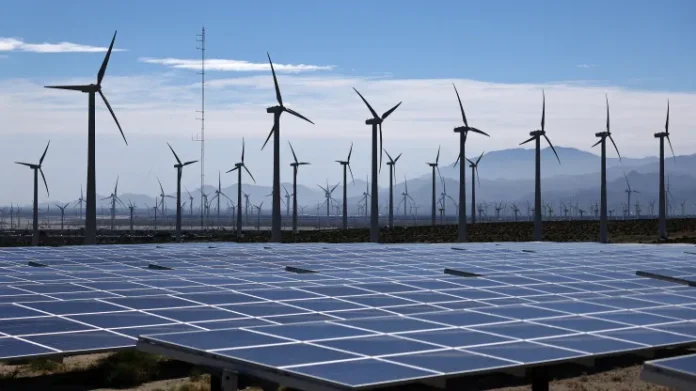The Biden administration proposed expanding tax credits boosting US projects over the years, according to Reuters.
The incentives proposed on Wednesday would cover solar and wind power to cover a broader range of clean energy technologies. They would also include nuclear fission and fusion.
The finance ministry announced its guidelines for Clean Electricity Production Credits and Clean Electricity Investment Credits. Created under the 2022 Inflation Reduction Act, they will be available in 2025, when previously available wind and solar production tax credits and investment tax credits expire, John Podesta, Senior Advisor to the President for International Climate Policy, announced.
The Inflation Reduction Act’s new technology-neutral Clean Electricity credits, which will come into effect in 2025, are one of the law’s most significant contributions to tackling the climate crisis.
The proposal identifies half a dozen technologies that may be eligible for favourable credits. The credits include marine and hydrokinetic power, nuclear fission and fusion, hydropower, geothermal energy and some forms of energy waste management. Credits were as high as 30 per cent for wind and solar projects if all conditions were met.
Treasury Secretary Janet Yellen reported that IRAs had already attracted more than $850 billion in clean energy and manufacturing investment from the private sector. As a result, this led to a record increase in renewable energy capacity.
These credits … make an unprecedented long-term commitment to the clean energy sector to ensure the US is a major market for new clean power generation over the next decade and beyond.
The credits could reduce greenhouse gas emissions by 300-400 million tonnes compared to no tax credits in 2035, research firm Rhodium Group calculated.
However, some environmental groups have expressed concern that tax credits for zero-greenhouse gas-emitting technology could end up supporting controversial energy sources. Among the potentially supported sources were incineration of waste or methane-biogas collected from landfills, Sarah Lutz, a campaigner for Friends of the Earth, stated.
